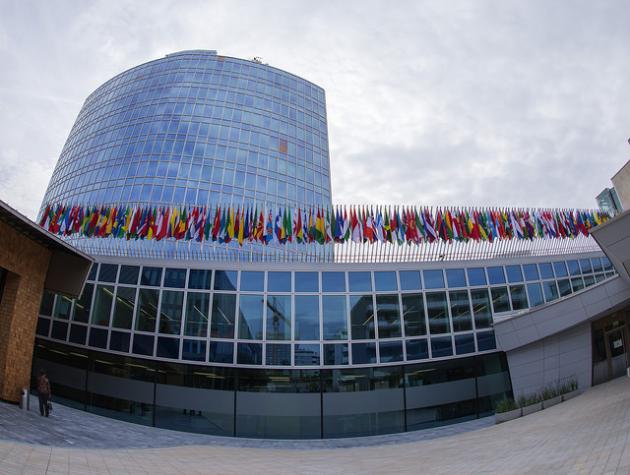GEG WP 2015/105 WIPO’s Development Agenda and the Push for Development-oriented Capacitybuilding on Intellectual Property: How Poor Governance, Weak Management, and Inconsistent Demand Hindered Progress
Abstract
In 2004, developing countries and civil society groups called for a new Development Agenda at the World Intellectual Property Organization (WIPO). After three years of debate, they secured the adoption by WIPO Member States of the 2007 WIPO Development Agenda, comprising 45 recommendations for making development considerations an integral part of the organization’s work, including in the area of capacity-building for developing countries. To date, however, there has been no scholarly analysis of trends in WIPO’s assistance to developing countries.
This paper argues that progress toward more development-oriented assistance in the decade following the call for a WIPO Development Agenda was disappointing. It proposes that greater movement toward more development-oriented WIPO assistance in the period from 2004 to 2015 was impeded by three intersecting factors: WIPO’s weak governance system; poor management on the part of the WIPO Secretariat; and inconsistent demand for development-oriented assistance by recipient countries. In so doing, this paper acknowledges that the global politics of intellectual property (IP) protection and power asymmetries were background conditions that imposed real constraints on the scope for improvement, but argues that better governance and management of WIPO along with more consistent, strategic demand from intended beneficiaries could nonetheless have facilitated progress toward stronger-development orientation.







